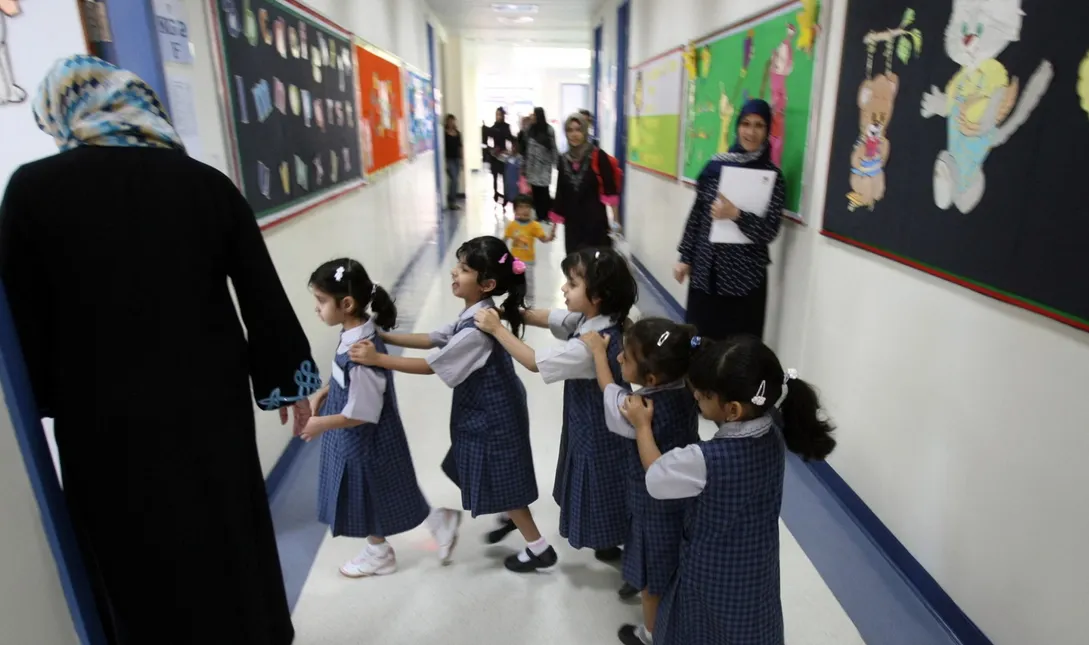
The United Arab Emirates has announced a groundbreaking initiative to incorporate artificial intelligence (AI) into the curriculum for children as young as four years old in state schools across Dubai. This move reflects a strategic national priority to develop Dubai—and the UAE overall—as a regional AI hub and to better prepare young learners for the future workforce
Wikipedia
Financial Times
.
A Vision for Early AI Fluency
Dubai’s Education Minister Sarah al-Amiri revealed that the AI curriculum will begin in the 2025–2026 academic year, offering approximately 20 hours of AI-related learning annually under a "future-facing curriculum" framework
Financial Times
+1
Economy Middle East
+1
. The curriculum is designed to teach children not only the technical aspects of AI tools but also ethical usage, how to critically evaluate AI-generated content, and how to craft prompts for AI tools.
Responding to Educational Challenges
While the UAE’s economic growth is well known, recent educational assessments have highlighted weaknesses in student performance in math, reading, science, and critical thinking. The government sees this AI initiative as a key tool to bridge those gaps, increase engagement, and modernize teaching to align with new digital realities
Economy Middle East
+2
Financial Times
+2
Dubai Schools
+2
.
Curriculum Design and Pedagogy
Introducing AI at such an early age requires age‑appropriate pedagogy. The curriculum blends interactive learning, gamified experiences, and hands-on tools for young learners. Lessons focus on foundational digital literacy, logical reasoning, and creative visual learning, helping students gradually build confidence in dealing with smart technologies.
Strategic Goals and Broader Reform
This AI initiative is part of a larger education reform strategy that includes overhauling math programs and streamlining curriculum tracks into general and advanced streams starting during Cycle 3 (Grade 8+). These changes aim to better align learning with students’ future STEM or humanities interests and workforce pathways
Economy Middle East
.
Future Outcomes and Expectations
By integrating AI into the early education journey, Dubai expects to:
Cultivate digital natives who can reason, create, and innovate with AI tools.
Strengthen critical literacy — students will learn to question, interpret, and analyse AI outputs.
Build future resilience — preparing children for careers in an economy undergoing digital transformation.
Teachers will receive professional development to deliver this new content, supported by ongoing training in classroom AI integration.
Implications for the Region
As one of the first countries worldwide to introduce AI education at kindergarten level, the UAE is setting a benchmark for innovation. The move aligns with Dubai’s Vision 2040 and the Education 33 (E33) strategy, which emphasizes innovation, skills development, and making Dubai a global education hub.
In summary, the early AI curriculum initiative is more than a new subject—it's a strategic shift. By integrating AI into foundational years, Dubai aims to make learning adaptive, future-oriented, and inclusive, nurturing generations ready for the digital economy.

